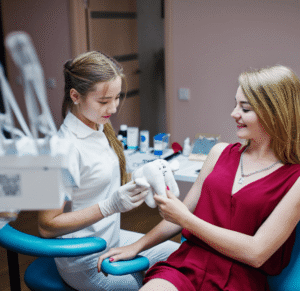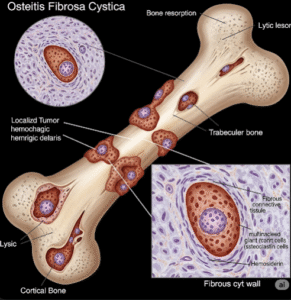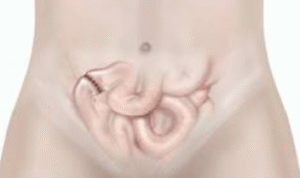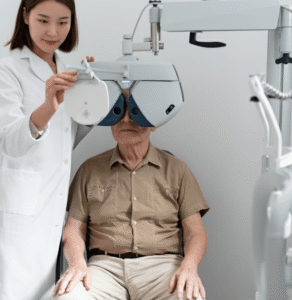Overview
Congenital hypothyroidism is a thyroid hormone deficiency present at birth. Thyroid hormones are crucial for brain development, growth, and metabolism. Without early treatment, this condition can cause intellectual disability and growth problems. In Korea, newborn screening programs are highly advanced, allowing early diagnosis and prompt treatment, which helps prevent long-term complications.
What is Congenital Hypothyroidism?
Congenital hypothyroidism is a condition where a newborn’s thyroid gland does not produce enough thyroid hormones. It can result from an underdeveloped thyroid (dysgenesis), a missing gland, an abnormal location, or an enzyme/hormone production defect. In some cases, maternal or environmental factors can affect fetal thyroid development.
Symptoms
- Most newborns may appear normal at birth (due to maternal hormones)
- Prolonged jaundice
- Lethargy or excessive sleepiness
- Feeding difficulties
- Constipation
- Hoarse cry
- Swelling in face or tongue (macroglossia)
- Umbilical hernia
- Dry skin and coarse hair
- Delayed growth and developmental milestones (if untreated)
Causes
- Thyroid dysgenesis (missing, small, or misplaced thyroid) – most common
- Dyshormonogenesis (defects in hormone production)
- Maternal antibodies or medications affecting the fetus
- Iodine deficiency or excess during pregnancy (rare in Korea due to good nutrition)
- Genetic mutations (rare)
Risk Factors
- Family history of thyroid disorders
- Maternal autoimmune thyroid disease
- Preterm or low birth weight infants
- Multiple pregnancies (twins, triplets)
Complications
- Intellectual disability if untreated or treatment is delayed
- Growth retardation and skeletal abnormalities
- Hearing loss
- Speech and language delays
- Poor school performance later in life
Prevention
- Cannot always be prevented, but early detection is crucial
- Prenatal care and maternal thyroid screening help reduce risks
- Adequate iodine intake during pregnancy (through diet or supplements)
- Universal newborn screening programs (standard in Korea)
Treatment Options in Korea
Korea has a robust national screening program for congenital hypothyroidism, ensuring timely treatment:
1. Screening and Diagnosis
- Newborn screening using heel-prick blood test for TSH and T4 levels
- Confirmatory blood tests and imaging (thyroid ultrasound or scan)
- Genetic tests in atypical or familial cases
2. Medical Treatment
- Levothyroxine (synthetic thyroid hormone) – started as soon as diagnosis is confirmed
- Dose adjusted based on weight and hormone levels
- Medication is usually lifelong if thyroid gland is absent or nonfunctional
3. Monitoring and Follow-up
- Frequent blood tests in infancy (every 2–4 weeks initially)
- Developmental monitoring to ensure normal growth and cognition
- Pediatric endocrinology follow-up at specialized hospitals













